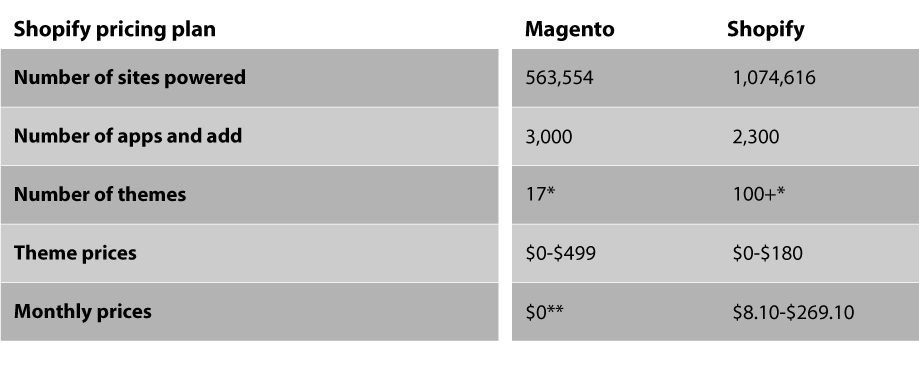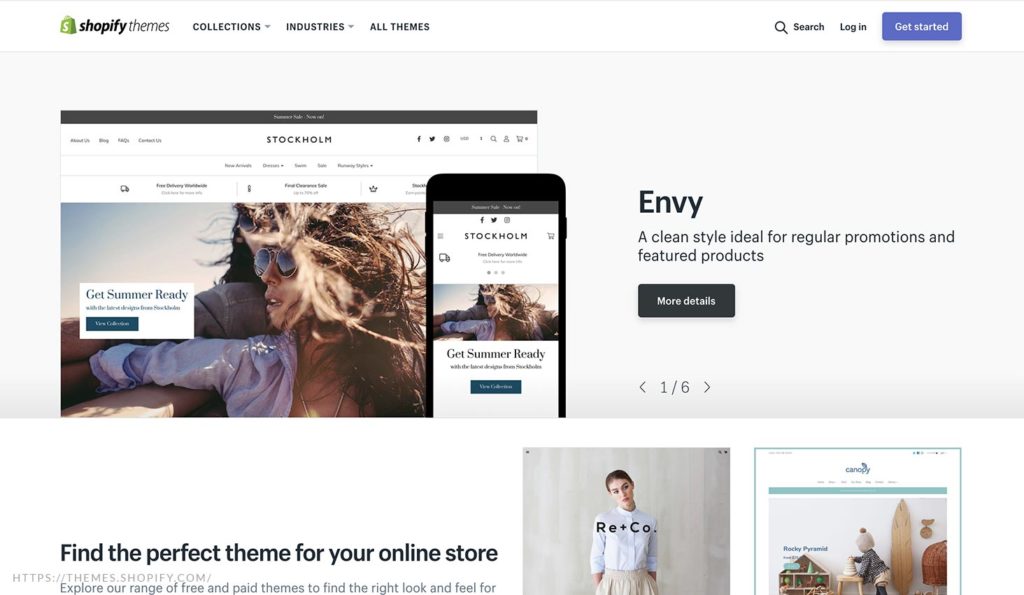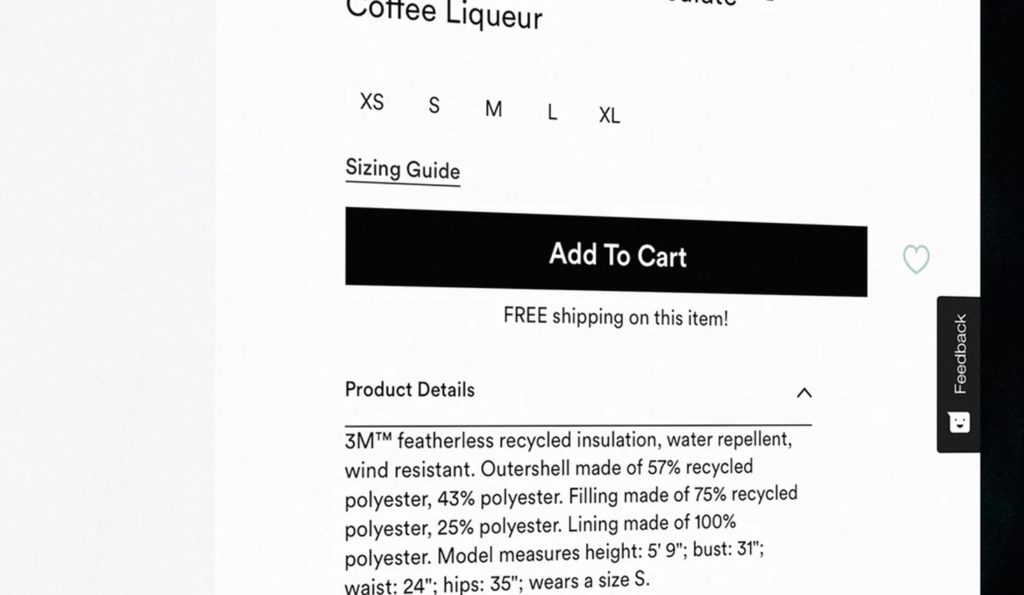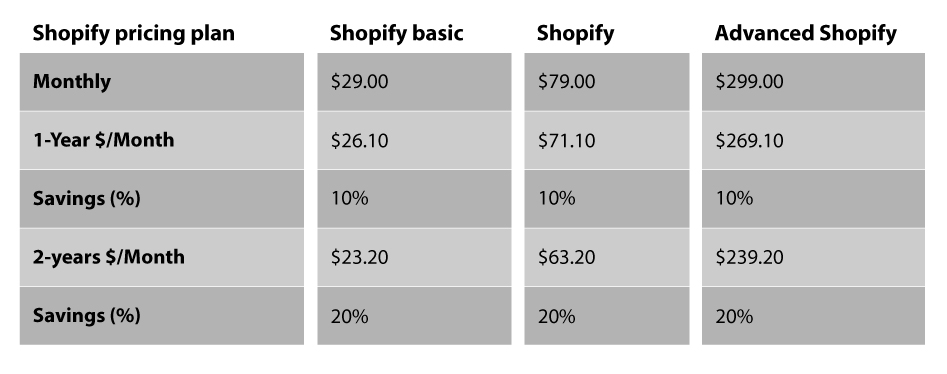- Home
- About
- Our work
- Services
- submenu
- Web Design Agency
- White Label Website Development for Agencies
- E-commerce – Magento Development
- eCommerce – BigCommerce Developers
- E-commerce – Shopfiy Developers
- WooCommerce Developer UK
- Content Creation
- Hosting
- Search Engine Optimisation (SEO)
- PPC / Adwords
- Migrations
- Maintenance
- Training
- Trusted Magento developers London
- Trusted Web Design Services London
- Trusted Web design company Milton Keynes
- Easily customise your online store and create an impact with your customers.
- Quickly add products and be selling straight away.
- Easy to set up payments with trusted third-party plugins or apps.
- Over 100 stunning free and paid themes
- All fully responsive themes
- Drag and drop customisation functionality
- 24/7 live chat, email and phone support
- Only a few of their themes are free
- Integrating apps can make your store harder to deal with
- Shopify charge a transaction fee per sale you make
- A paid subscription to access better advantages like a smaller transaction fee
- Big support system- forums and user database search function
- Flexible design- need a knowledge of web coding
- Magento is an open source platform that requires no signing up fee
- Able to create a unique and bespoke site to suit your needs
- Can require coding knowledge
- Need time to get used to the backend
- Can amount to costly app purchases
- In some cases, Magento developers will be required
Ecommerce platform; Magento vs Shopify
It can be a tough decision to choose between Magento and Shopify…
Magento and Shopify are two of the most popular eCommerce platforms that are available today. This often means they are matched against each other. We have created this article to try and help break down the differences between the two platforms. This will help you choose which platform is right for you and your business.
Magento vs Shopify: Numbers
First, we need to have a look at the Numbers between the two platforms, as this will give you a good guide of where to start out.
*With both platforms, you are able to purchase external themes.
**With Magento you will need to provide your own hosting which can be anywhere from $4-$1000 a month, this will depend on the size of your business.
To check the latest Magento data click here.
To check the latest Shopify data click here.
EASE OF USE
Shopify:
Shopify is very easy to use with its drag and drop functionality as you are able to move content to exactly where you would like. This is perfect for those who do not feel comfortable with working with code.
Magento:
Magento CMS (content management system) is not as friendly and inviting as Shopify’s interface. This does reflect the overall feel for the platform. If you are a new user and not experienced in coding and web developing it can seem intimidating and daunting.
Magento does have the ability to be extremely flexible- as it allows you to create themes and templates that can be unique to you and your shop. To be able to create unique shops and custom stylings you will need to have a knowledge of coding or source it out to a developer who can develop it for you.
Latest Magento News– Magento has recently been purchased by Adobe and they have big plans for the e-commerce platform. Adobe is looking to make the interface much more user-friendly by including features such as drag and drop website builder functionalities.
Themes:
The theme of your store is key for defining your brand and attracting new customers. You will need to use or create a theme that gives your consumers trust and gives a good impression. This will mean customers spend their money at your shop. When thinking of your theme you will need to think for the long term- find a theme that could still work in 5-10 years’ time and still be relevant to your brand.
Shopify offers over 100 free and premium professional fully customisable themes. With the increase of smartphone sales over the last few years it is imperative that your theme is responsive and can fit all screen sizes. Shopify’s themes are all responsive so there is no need to worry about not reaching your audiences. Shopify also offers easy customisation for the theme such as, adding new pages & changing the colour palette.
Magento only offers 17 free and paid fully responsive themes in comparison to Shopify’s 60. Magento is a very flexible platform that allows you to customise anything you want – if you know how to. This is the drawback with Magento it does require some coding knowledge which could seem very daunting if you do not have any coding experience.
Apps and Add-ons:
Shopify and Magento both give you the essential apps and add-ons required to set up your online store. But what if you want to expand your shop and add some more functions? You will need to download some more apps and add-ons.
Adding apps and add-ons to your site is a simple click and both of these platforms offer this functionality without needing to add in any extra code. The only real difference between the two sites is that Magento offers a larger variety of apps with a whopping 3,000 compared to Shopify’s 2,300. Both platforms have a mix of free and paid apps and add-ons.
Payment processing options:
It’s no good having a nice site if you cannot process any payments. With Magento and Shopify you are able to set up a payment processing option in a few clicks with little to no fuss.
Shopify offers their own payment process system and is the first to do so. This means it is quick and easy to set up. You are able to set up external payment processors like PayPal, but you will be charged a small percentage to do so.
Magento has significantly more variations of payment processing options (148) through their marketplace store where you can find all their apps. Magento offers a variety of payment processors that support different languages and currencies- so when you are ready to take your business international Magento offers you the capabilities to do so.
SEO:
SEO Stands for Search Engine Optimisation which is a list of things you can do to make your website more “search engine friendly”. If done correctly SEO can help increase the traffic that comes to your site and boost your search engine ranking.
When It comes to SEO Magento and Shopify offer very similar services. Both of the platforms are friendly in the eyes of Google and other search engines. Magento and Shopify offer the abilities to add to your SEO without needing to download any extra apps or add-ons. Magento offers over 250 apps to choose from to help boost your SEO ranking.
Cost:
One of the main differences between the two platforms is that Shopify is a self-hosted platform and will deal with all the hosting issues for you. Magento, on the other hand, is not a self-hosting platform and will require you to externally host the site which can come with a hosting fee. This can depend on the hosting provider you use.
The two platforms share a similar set up when setting up a new site- themes can range from nothing to over a hundred dollars. This is the same for the domain name.
The key difference between the two platforms is that Shopify offers a subscription-based service and depending on the subscription you pay for alters the benefits you are entitled to. This includes a lower transaction fee when you purchase a more premium account from Shopify. For more details regarding the Shopify monthly subscription plan click here.
Paying for the monthly subscription gives you access to features such as 24/7 support, Free SSL, fraud analysis, unlimited storage, unlimited bandwidth and abandoned cart functionality. Allowing you to create a flexible site to suit your needs, that gives you the option to add more products to your site as you grow.
These functions and add-ons can be included through Magento but require you to pay a one-off fee. When you add all the functions that you need to make your e-commerce site as advanced as possible this can be a very expensive process. Smaller business could be better suited to a Shopify account. Making the most of their monthly subscription-based services and the functions they offer.
PROS AND CONS
We have broken down a few of the basic pros and cons between the two platforms to help round off this article.
Shopify Pros:
Shopify Cons:
Magento Pros:
Magento Cons:
When starting a new business or moving your physical store to the online e-commerce world you want it to be as stress-free as possible. It is important you pick the right platform that best suits your needs.
Rak Design (UK) Ltd are a creative graphic design & web design agency, based in Northamptonshire, delivering website design and development, digital marketing and corporate branding services that drive tangible and measurable results for your business. If you have would like help migrating or discussing the features of Magento 2, call the team on 01933 678 522 or complete our online contact form and we’d be happy to help.
Weight Watchers Rebrand Review – A look at why the new Weight Watchers rebrand faced mixed reactions.
RELATED ARTICLES
General enquiry
We use cookies on our website to give you the most relevant experience by remembering your preferences and repeat visits. By clicking “Accept All”, you consent to the use of ALL the cookies. However, you may visit "Cookie Settings" to provide a controlled consent.Manage consentPrivacy Overview
This website uses cookies to improve your experience while you navigate through the website. Out of these, the cookies that are categorized as necessary are stored on your browser as they are essential for the working of basic functionalities of the website. We also use third-party cookies that help us analyze and understand how you use this website. These cookies will be stored in your browser only with your consent. You also have the option to opt-out of these cookies. But opting out of some of these cookies may affect your browsing experience.Necessary cookies are absolutely essential for the website to function properly. These cookies ensure basic functionalities and security features of the website, anonymously.Cookie Duration Description cookielawinfo-checkbox-analytics 11 months This cookie is set by GDPR Cookie Consent plugin. The cookie is used to store the user consent for the cookies in the category "Analytics". cookielawinfo-checkbox-functional 11 months The cookie is set by GDPR cookie consent to record the user consent for the cookies in the category "Functional". cookielawinfo-checkbox-necessary 11 months This cookie is set by GDPR Cookie Consent plugin. The cookies is used to store the user consent for the cookies in the category "Necessary". cookielawinfo-checkbox-others 11 months This cookie is set by GDPR Cookie Consent plugin. The cookie is used to store the user consent for the cookies in the category "Other. cookielawinfo-checkbox-performance 11 months This cookie is set by GDPR Cookie Consent plugin. The cookie is used to store the user consent for the cookies in the category "Performance". viewed_cookie_policy 11 months The cookie is set by the GDPR Cookie Consent plugin and is used to store whether or not user has consented to the use of cookies. It does not store any personal data. Functional cookies help to perform certain functionalities like sharing the content of the website on social media platforms, collect feedbacks, and other third-party features.Performance cookies are used to understand and analyze the key performance indexes of the website which helps in delivering a better user experience for the visitors.Analytical cookies are used to understand how visitors interact with the website. These cookies help provide information on metrics the number of visitors, bounce rate, traffic source, etc.Advertisement cookies are used to provide visitors with relevant ads and marketing campaigns. These cookies track visitors across websites and collect information to provide customized ads.Other uncategorized cookies are those that are being analyzed and have not been classified into a category as yet.WhatsApp us
- submenu




